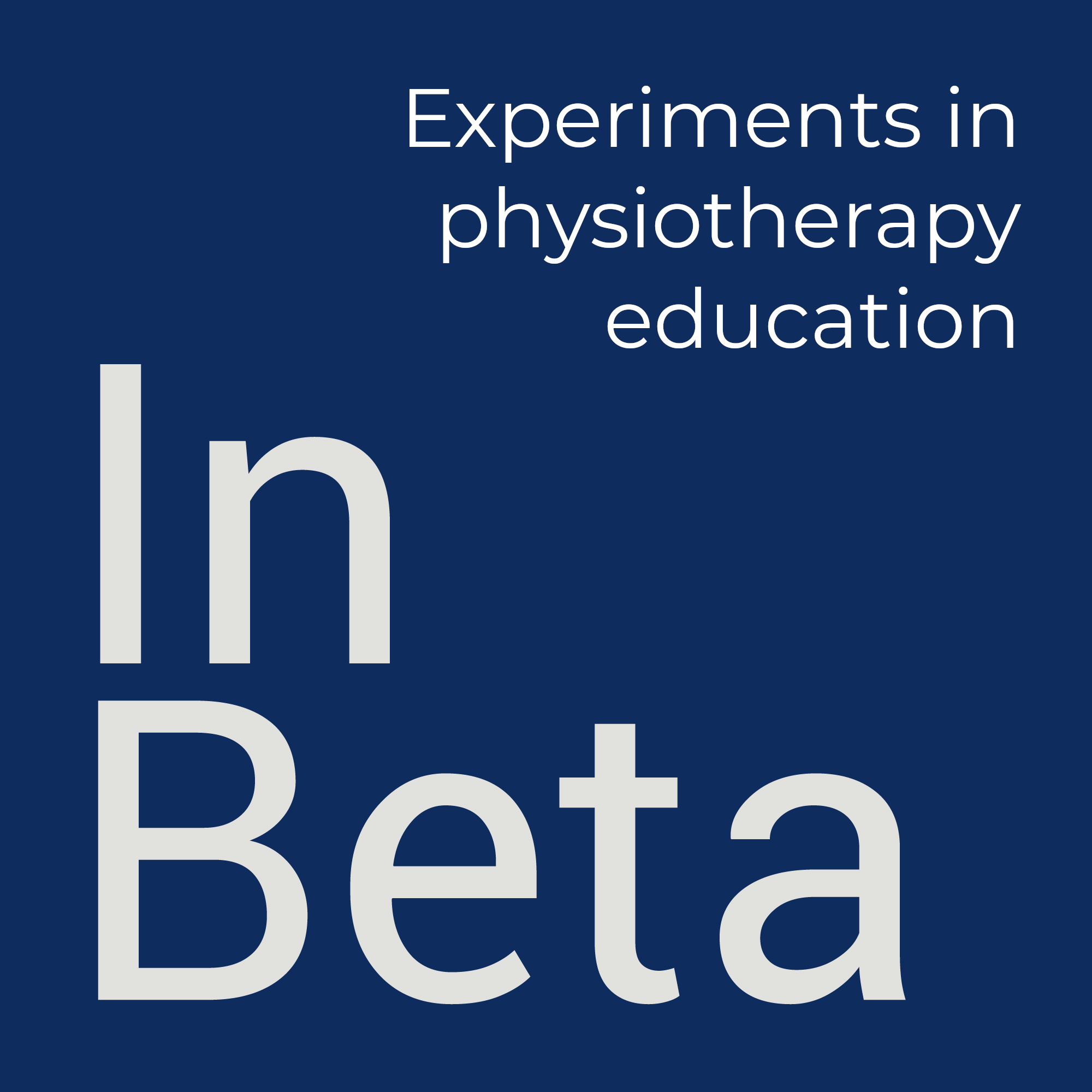A course today is an act of composition.
Sean Michael Morris
Podcast
Who Wrote This Stuff, Anyway? The Complex Construct of Authorship in Meded. The KeyLIME podcast.
Authorship. It is the basis of career advancement, global recognition, funding, wellness, professional identity, and even historical legacy. But are the guidelines for authorship as they currently stand clear enough? The authors of Jason’s selected study argue that no, they are not … and with this qualitative study, they dig deeper to examine the confusion and manipulation of authorship.
In this episode of the KeyLIME podcast, the hosts discuss some of the many issues around academic authorship, including:
- honourary authorship
- gift authorship
- excluded authorship
- demanded authorship
- disputed authorship
- inclusive authorship
- plural authorship, and the dreaded
- ghost authorship
If you’ve got some experience publishing as an academic then you’ve almost certainly come across at least a few of these situations. If you’re a novice then you should probably be aware of the pitfalls surrounding decision-making with respect to who gets attribution, and in what order. Good luck.
Article
Carless, D., & Winstone, N. (2020). Teacher feedback literacy and its interplay with student feedback literacy. Teaching in Higher Education, 1–14.
The principles of partnership and shared responsibilities underpin the interplay between teacher and student feedback literacy because feedback processes require investment from both parties. When teachers and students share purposes, goals, and responsibilities then there is potential for mutually reinforcing impetus for the development of feedback literacy. Teachers can reflect on and refine their own feedback designs by appreciating students’ perspectives and struggles with feedback.
In this conceptual paper, the authors explore the relationship that needs to exist in order for feedback to achieve it’s aim i.e. to improve student learning. It also highlights the notion that providing and receiving feedback is a literacy that we need to develop within ourselves and our students.
The authors also present a framework for developing this feedback literacy in three dimensions:
- A design dimension wherein feedback processes are explicitly designed for student uptake and enabling student evaluative judgment.
- A relational dimension that represents the interpersonal side of feedback exchanges.
- A pragmatic dimension that addresses how teachers manage the compromises inherent in disciplinary and institutional feedback practices.
Resource
Morris, S.M. & Stommel, J. (2019). An Urgency of Teachers: the Work of Critical Digital Pedagogy. Pressbooks.
In this collection of essays, Sean Michael Morris and Jesse Stommel explore their “work in, inquiry into, and critique of online learning, educational technology, and the trends, techniques, hopes, fears, and possibilities of digital pedagogy”.
As we continue seeing physiotherapy education move online I have no doubt that some of it is going to stick. There are simply too many people running too many experiments in too many places for everyone to turn around at the end and go back to the way things were. For better or worse, online physiotherapy education is here to stay, at least in some respects, and we would do well to try and learn how to do it as best as we can. This book is a great place to start.
We’ve traced within this volume, and within the history of our work together, an exercise of pedagogy that pushes past the walls of the classroom and into the complicated practice of being human. This is work increasingly difficult in a world where the possibility of “being human” is not equally distributed — a world where who we can be, the education available to us, the resources which may support our curiosity, our intelligence, our imaginations, has become more and more dependent on the technologies our institutions employ.
And as we become more reliant on the technologies that we and our institutions employ, we need to maintain a spirit of critical inquiry so that our tools serve us and our students.
